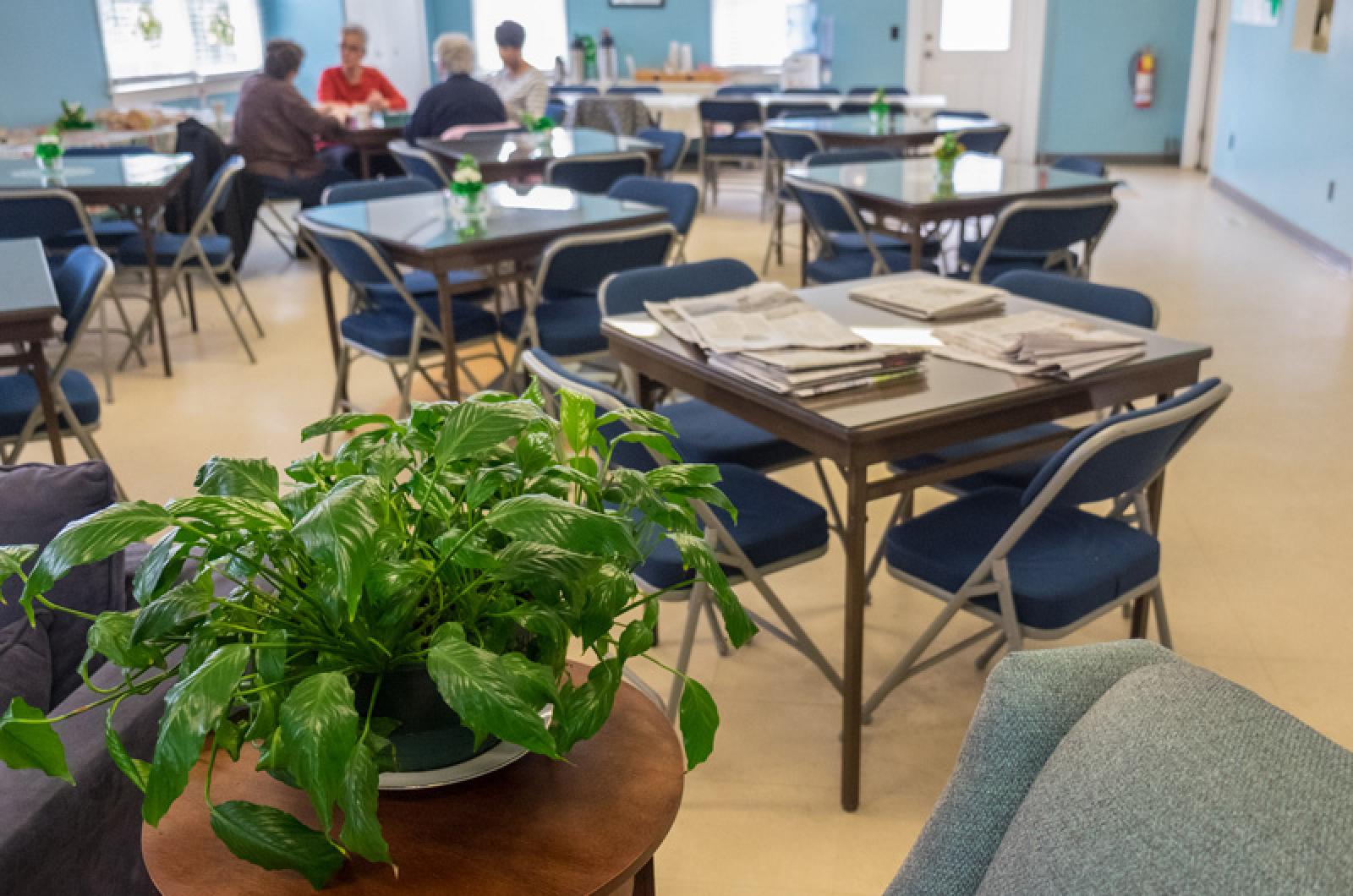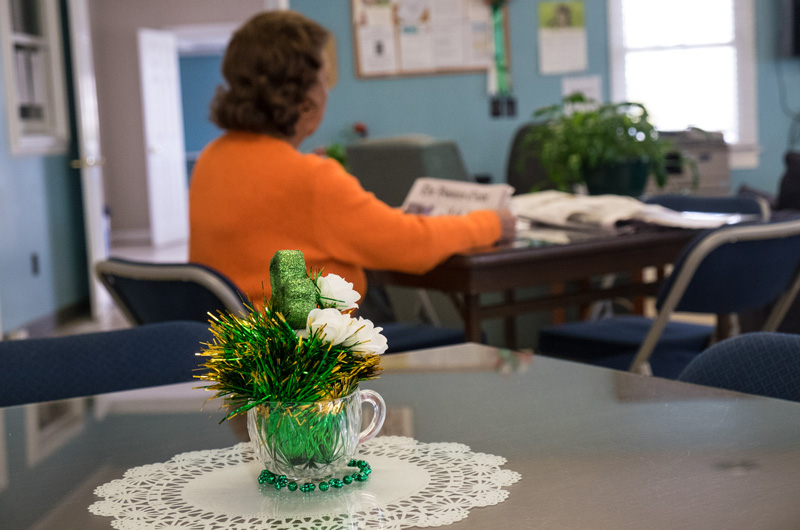Islanders seeking help with anything from food assistance to addiction and recovery services can now find guidance through First Stop MV, an information and referral service that recently transitioned from the Dukes County offices to Community Services of Martha’s Vineyard.
As part of the transition, First Stop has expanded its focus from Island elders to everyone on the Island, with more than 250 service providers now listed on the website, firststopmv.org.
“Over the last couple of months, we have worked to integrate the program into Community Services — to be much more efficient and to cut out duplication,” Community Services director Juliette Fay said this week, calling the program an essential resource for social services on the Island.
But not everyone is committed to funding the program for another year, including members of the Oak Bluffs Council on Aging, which argues that it duplicates services provided by both the council and MassOptions, an information and referral service for elders and people with disabilities provided by the state Office of Health and Human Services.
Voters in all six Island towns will be asked to fund the program’s $86,990 budget for the coming fiscal year, although the Oak Bluffs finance committee has voted unanimously not to recommend funding the town’s $18,320 portion.
“It’s the contention of the Council on Aging that much of the information that First Stop purports to supply is and/or will be available for free at the either at the Council on Aging generally or through the state website,” finance committee member Steve Auerbach told the Gazette this week.
The program is now managed by Lindsay Famariss, who also directs the Community Services CORE (Counseling, Outreach and Referrals for the Elderly) program, which provides in-home services to Island elders.
Ms. Fay said First Stop has become another way for Island elders and their families to connect to the CORE program, which last year made 967 home visits to 62 patients, mostly in Edgartown, Oak Bluffs and Tisbury.
Town funding requests for the CORE program this year total $53,000. The Oak Bluffs finance committee has voted 5-3 to recommend funding the town’s share of $11,162. Neither the CORE program nor First Stop receives Medicare or Medicaid reimbursements.
Paddy Moore, chairman of Healthy Aging Martha’s Vineyard, which helped get First Stop off the ground in 2015, when all six towns agreed to provide funding, said the program was far more comprehensive than information and referral offerings by Island councils on aging and the state, even while a mutual referral process between First Stop and MassOptions is now in place. “It’s a really tight system,” Mrs. Moore said, adding that the recent transition has allowed for better communication among different services. She said she was unaware of the program leading to any changes in how the councils on aging operate. “It has filled a need on the Island that wasn’t being filled,” she said.
According to information provided by Community Services, visits to the First Stop website more than tripled from about 750 in December 2015 to about 2,400 this month. The number of individual users increased more than sixfold in the same period, from about 250 to 1,600 per month.
West Tisbury Council on Aging director Joyce Albertine, who was part of an Islandwide working group organized by Healthy Aging to set up an information and referral website, as recommended by the UMass Rural Scholars program, agreed that it provides a different level of service on the Island. “We are only one piece of the information gathering that they do,” she said, although the councils on aging have traditionally offered in-person support as well.
Among its services, the Oak Bluffs Council on Aging provides an annual directory of elder services and activities, along with a monthly newsletter and calendar of events. Funding for the council is provided through the annual town budget and the non-profit Friends of Oak Bluffs Council on Aging.
“I see many people who are using that service to a greater or lesser degree. More than you would imagine,” council president Karen Achille told the Gazette, adding that MassOptions offered the same information.
But Island councils on aging do not appear to catalog the full range of services that are available through the First Stop website.
The First Stop budget has declined about five per cent since 2015, and Mrs. Moore expected costs to decline further with the transition nearly complete. She said the main reason for moving to Community Services last year was a requirement by the county that independent contractors be paid as much as county employees. That would have raised the First Stop budget to about $120,000, which Mrs. Moore said was too much to ask from the towns.
For the Oak Bluffs finance committee, at least, the move has raised new questions, in part because the full-time staff member for First Stop would be doing other work through Community Services.
“Essentially the public is being asked to pay a full-time salary for a part-time person with regard to his or her First Stop needs,” Mr. Auerbach said. “We’d also be paying for whatever else this person would be doing, and we just said, we don’t feel this is justifiable.” He noted that other Community Services programs are funded privately, and he suggested the same approach could be taken with First Stop.
“The whole thinking is within the context of: what is the public obligated to pay for,” he said. “There’s people who just think that any aspect of government is bloated, and we try to take a look at that, and hope that what we are voting for is important enough to pay for.”
Mrs. Moore said at least one council on aging has inquired about including First Stop in its town’s annual budget. But she said going to voters directly also had its advantages.
“I think different towns have different perspectives on that,” she said. “I never mind going to warrant items, because I think it’s an opportunity to educate the town, and the members of the town, about the resource.”








Comments
Comment policy »